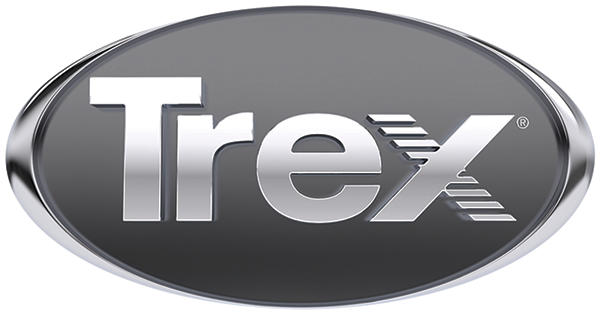Streamlining Inventory Management With Power Platform
Trex began in 1996 as part of a buyout of a division of Mobil Corporation, and ever since then it’s been on the cutting edge of the composite wood manufacturing industry. With a focus on creating sustainable solutions that provide quality experiences, Trex has developed a proprietary system for utilizing recycled plastic and reclaimed wood that provides the feel and durability of a traditional deck without the high cost of maintenance.
Already a dominant force in the U.S. composite decking industry, Trex has also sold its product in over 40 other countries around the world, making it a leader on the international stage.
Challenges
Key stakeholders reviewed their plant floor audit processes and found it to be cumbersome and difficult to extract key information needed to improve safety and efficiency. The process they relied on required team members to take a paper form and clipboard into warehouses located in various areas to review the standing inventory and then manually input that into an excel spreadsheet. Those spreadsheets then had to undergo a separate procedure to aggregate the data and organize it in a way that would provide useful company insights.
This reliance on highly manual processes forced the team to consider ways to increase efficiency in this area, with a special interest towards simplifying as much as possible. For that reason, they turned to Weidenhammer for assistance.
Solutions
After discussing the Trex team’s goals and auditing the current processes, we recommended implementing a Power Platform based solution. Specifically, we had to simplify data collection, aggregation, and reporting to allow Trex personnel to gather information quickly and accurately, as well as provide a way for them to access the information once aggregated to make meaningful decisions. The Platform provides a strong set of tools to achieve all of these objectives, and so the Hammer Dev team started building out the solution.
The first need addressed was simplifying the data collection and aggregation processes. With three different locations, all of which had different levels of connectivity, the Hammer Dev team needed to create an application that could collect the data even while offline and then upload it once it had an opportunity to connect. For this, two different applications were developed using Power Apps: Layered Process Audit (LPA) and Hot Checks, with LPA enabling members of the Quality team to audit production processes and Hot Checks enabling the same team to ensure consistent quality for Trex’s inventory. LPA provides a means for creating a question bank, collecting the information from auditors and then uploading it asynchronously. Hot Checks on the other hand uses a meta data configuration for each product profile, allowing Trex to easily add on new profiles as they expand their product line.
Once these solutions were developed, the Hammer Dev team created two Power Automate processes that enabled the data to be automatically transferred from Power Apps to a SharePoint list. A secondary Power Automate process was developed to aid in the aggregation of data from different site locations.
Results
With the implementation of the Power Platform-based solutions, Trex’s team was able to cut down the time it took them to audit their inventory by eliminating the written forms and need to perform data entry following an audit. Further, the addition of a SharePoint list site eliminated the need to use spreadsheets as the primary form of data collection and expedited the process of aggregating data into a useable format. Furthermore, with the implementation of a formalized process, institutional knowledge was codified within the process itself, reducing the possibility of a “key man risk” derailing Trex’s operations.




